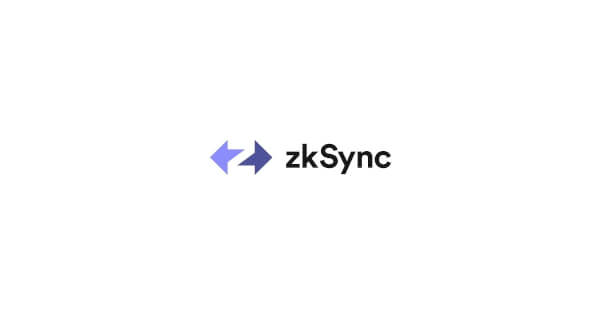The rise of containerization and Kubernetes has led to the widespread adoption of microservices architecture for cloud-native applications. A recent report states that 85% of surveyed companies are modernizing their apps to a microservices architecture. However, one challenge that most organizations face is securing microservices. A report on Kubernetes security reveals that 67% of companies have delayed or slowed down deployment due to security concerns.
The complex architecture and large number of small, loosely connected services in a microservices ecosystem make it difficult to secure. Since many microservices handle sensitive data, communication breaches can have serious consequences such as data leaks, service disruption, compliance violations, and reputational damage. Therefore, it is crucial to implement the right measures to secure access to microservices and protect communications.
In Kubernetes, a pod is the smallest deployable unit that represents one or more containers hosting microservices. Microservices within a pod communicate with each other or with microservices in other pods to deliver an application’s functionality. However, this native communication between microservices is often unrestricted, leaving room for malicious lateral movement and data theft. This vulnerability is exacerbated in multi-tenant environments where different teams or applications share the same cluster.
While Kubernetes network policies and segmentation can restrict access and prevent lateral movement, they do not fully address the problem of securing communication between microservices. To secure pod-to-pod or service-to-service communication, implementing mutual TLS (mTLS) is an effective solution.
mTLS is a two-way authentication process where the identities of both the client and server are verified to establish a secure connection. In the context of Kubernetes, mTLS enables microservices to authenticate each other by verifying their unique identities through x.509 certificates. Only trusted microservices with valid certificates issued by a trusted Certificate Authority (CA) can connect and communicate.
Implementing mTLS not only provides secure access but also encrypts the communication among microservices, protecting business-critical data from interception and attacks. This is often done through a service mesh, which is a dedicated infrastructure layer for managing communication between microservices. Service mesh solutions like Istio and Linkerd offer features such as a Certificate Authority for issuing trusted certificates and sidecar proxies for managing communication based on security policies.
Implementing mTLS is essential for microservices, Kubernetes, and application security. It minimizes the risk of unauthorized access, strengthens application security, and helps comply with regulations that require strong authentication and encryption.
AppViewX KUBE+ is a certificate lifecycle management solution for Kubernetes environments that simplifies mTLS authentication and secures service mesh communications. It integrates with major service mesh solutions like Istio and Linkerd, enabling mTLS authentication between services. It also ensures that certificates are rooted in the enterprise chain of trust by integrating with public and private CAs, simplifying certificate management, and providing offline CA issuance.
In conclusion, securing microservices in Kubernetes is crucial, and implementing mTLS through a service mesh like AppViewX KUBE+ can help protect against communication breaches and ensure application security.
Source link
























